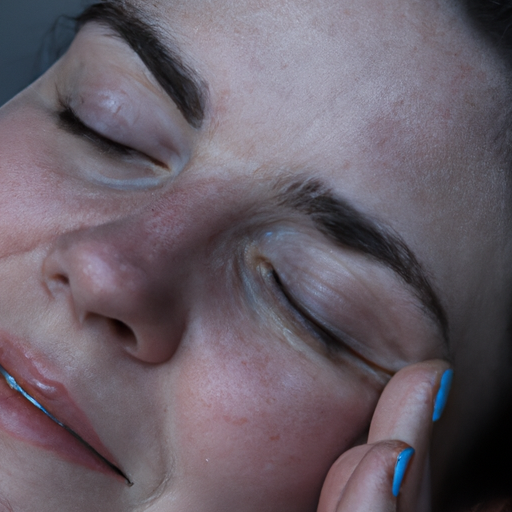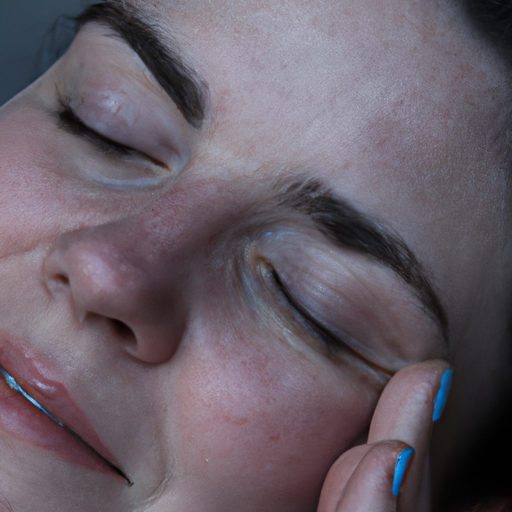As a dermatologist, I often encounter patients who struggle with sensitive skin. This condition, characterized by redness, dryness, itching, and burning sensations, can be challenging to manage. However, with the right treatments and skincare regimen, it is possible to soothe sensitive skin and improve its overall health. This article aims to unveil some of the best treatments for sensitive skin.
Firstly, it is crucial to understand that sensitive skin is not a disease but a symptom of an underlying issue. It could be due to genetic factors, allergies, environmental factors, or even certain medical conditions like rosacea or eczema. Therefore, the first step in treating sensitive skin is to identify the root cause. This may involve allergy testing or a thorough examination of your skincare routine and lifestyle habits.
Once the cause is identified, the next step is to choose products that are gentle on the skin. Look for skincare products labeled as ‘hypoallergenic’, ‘for sensitive skin’, or ‘fragrance-free’. These products are typically free from common irritants like fragrances, dyes, and harsh chemicals. It’s also advisable to choose products with a short ingredient list as they are less likely to cause irritation.
Moisturizing is another crucial aspect of managing sensitive skin. Dryness can exacerbate sensitivity and lead to further problems. Opt for a moisturizer that is free from irritants and contains ingredients like hyaluronic acid or ceramides that help to lock in moisture and strengthen the skin’s barrier function.
Sun protection is equally important. Sun exposure can cause damage to the skin and worsen sensitivity. Therefore, it’s essential to use a broad-spectrum sunscreen with an SPF of at least 30 every day, even when it’s cloudy. Look for sunscreens that contain physical blockers like zinc oxide or titanium dioxide, which are less likely to cause irritation compared to chemical sunscreens.
In addition to these skincare practices, certain medical treatments can also help to soothe sensitive skin. For instance, prescription creams containing ingredients like azelaic acid or metronidazole can help to reduce redness and inflammation in conditions like rosacea. For eczema, topical corticosteroids or calcineurin inhibitors can be effective.
For those with persistent or severe sensitive skin, treatments like laser therapy or intense pulsed light (IPL) may be beneficial. These treatments work by reducing redness and improving the skin’s texture. However, they should only be performed by a qualified professional and may not be suitable for everyone.
Diet and lifestyle modifications can also play a role in managing sensitive skin. Eating a balanced diet rich in antioxidants and omega-3 fatty acids can help to reduce inflammation and promote healthy skin. Avoiding triggers like hot showers, harsh weather conditions, and stress can also help to prevent flare-ups.
In conclusion, managing sensitive skin requires a multi-faceted approach that includes identifying the root cause, using gentle skincare products, moisturizing regularly, protecting the skin from the sun, and possibly undergoing medical treatments. It’s also important to remember that everyone’s skin is unique, and what works for one person may not work for another. Therefore, it’s always best to consult with a dermatologist or a skincare professional to create a personalized treatment plan that suits your individual needs. With the right care and attention, sensitive skin can become less of a burden and more of a manageable condition.




